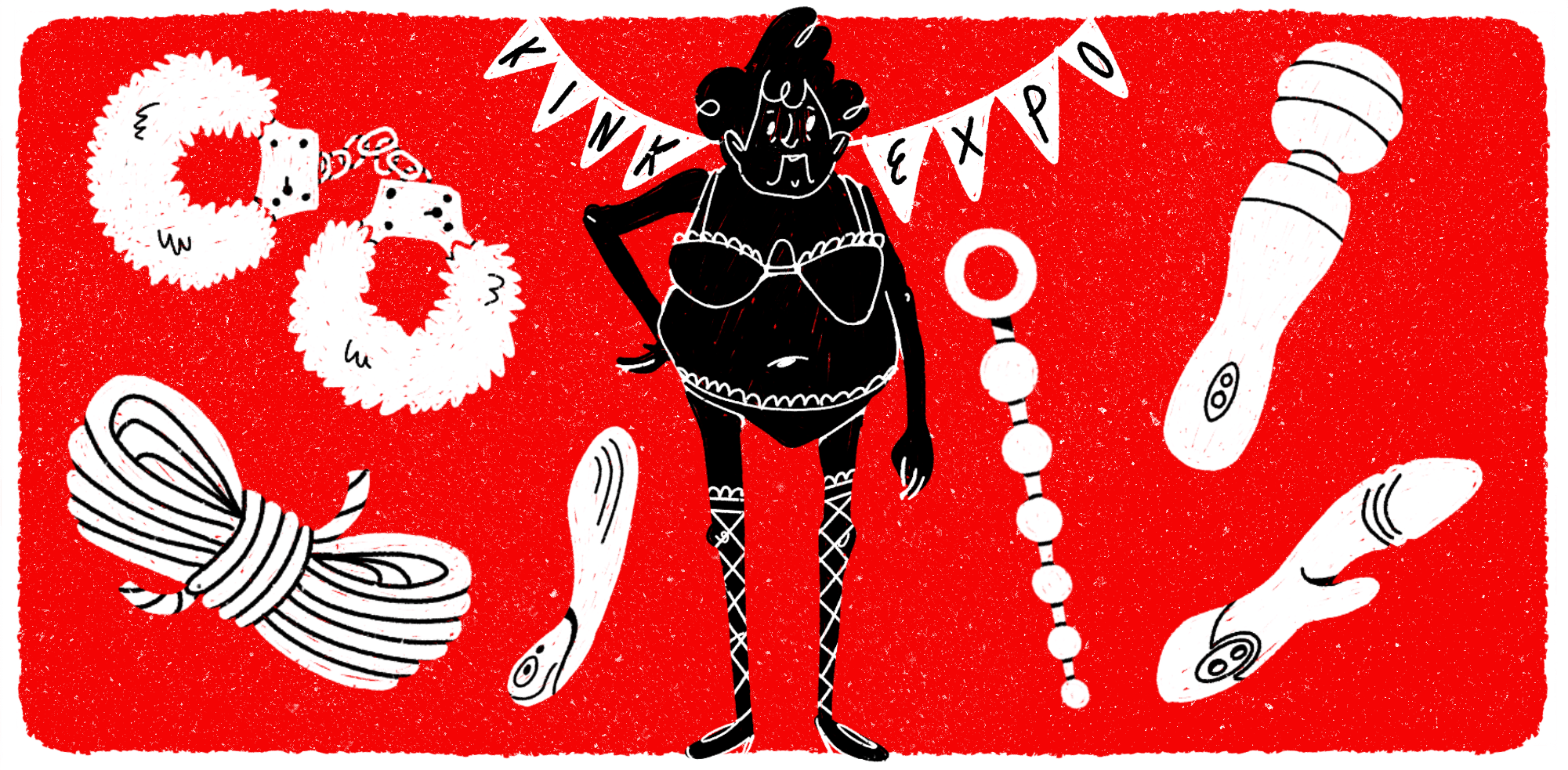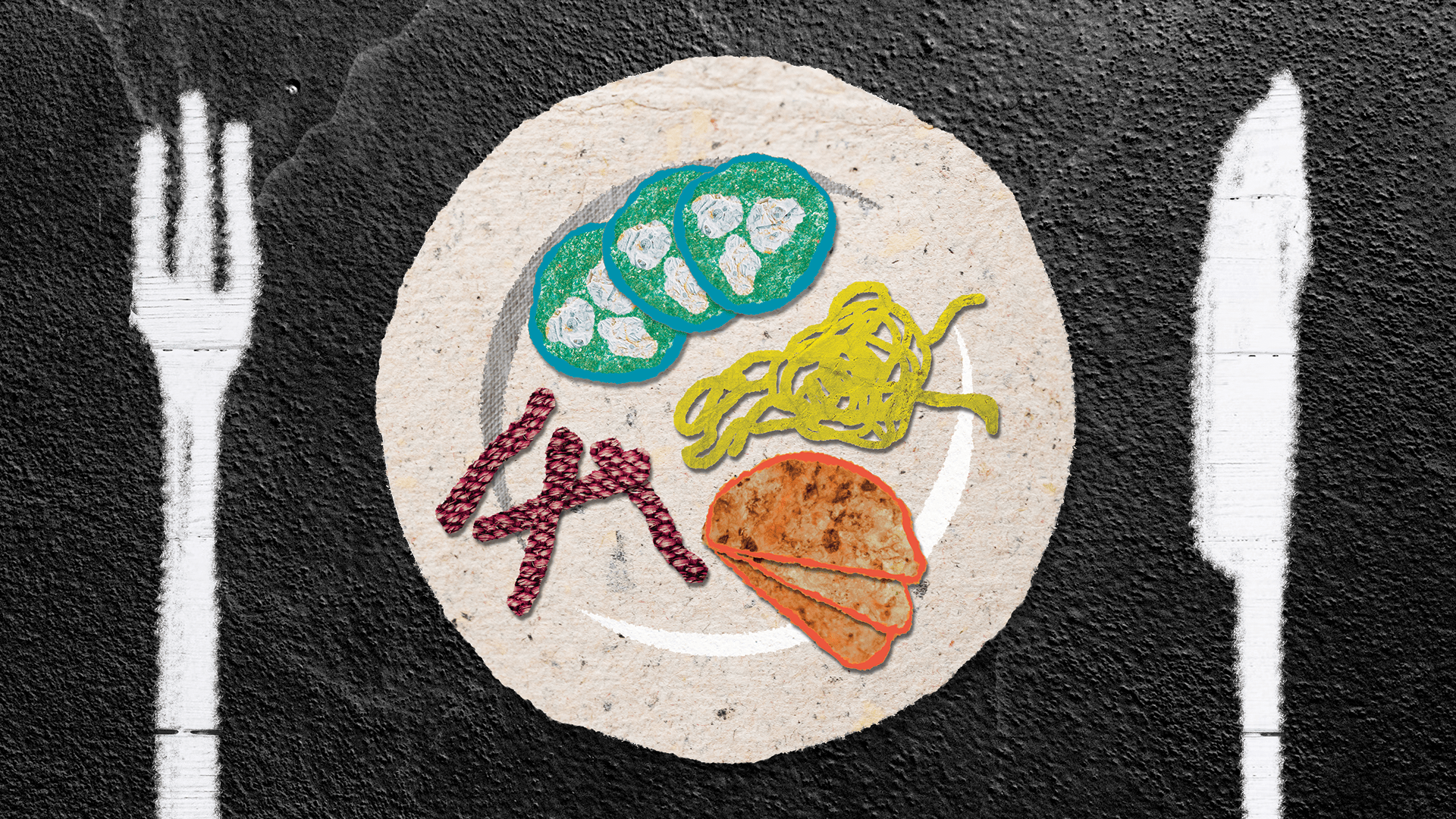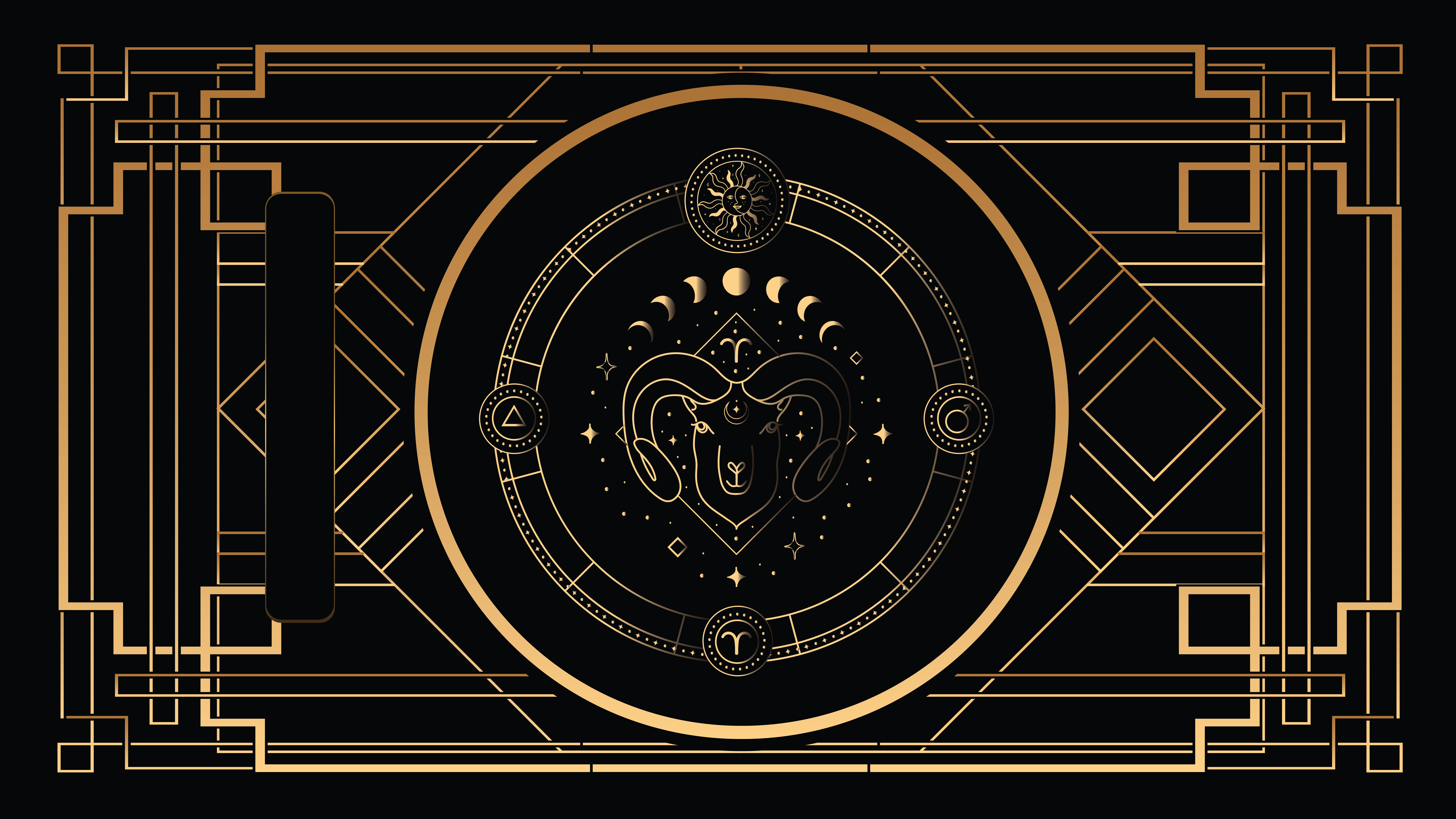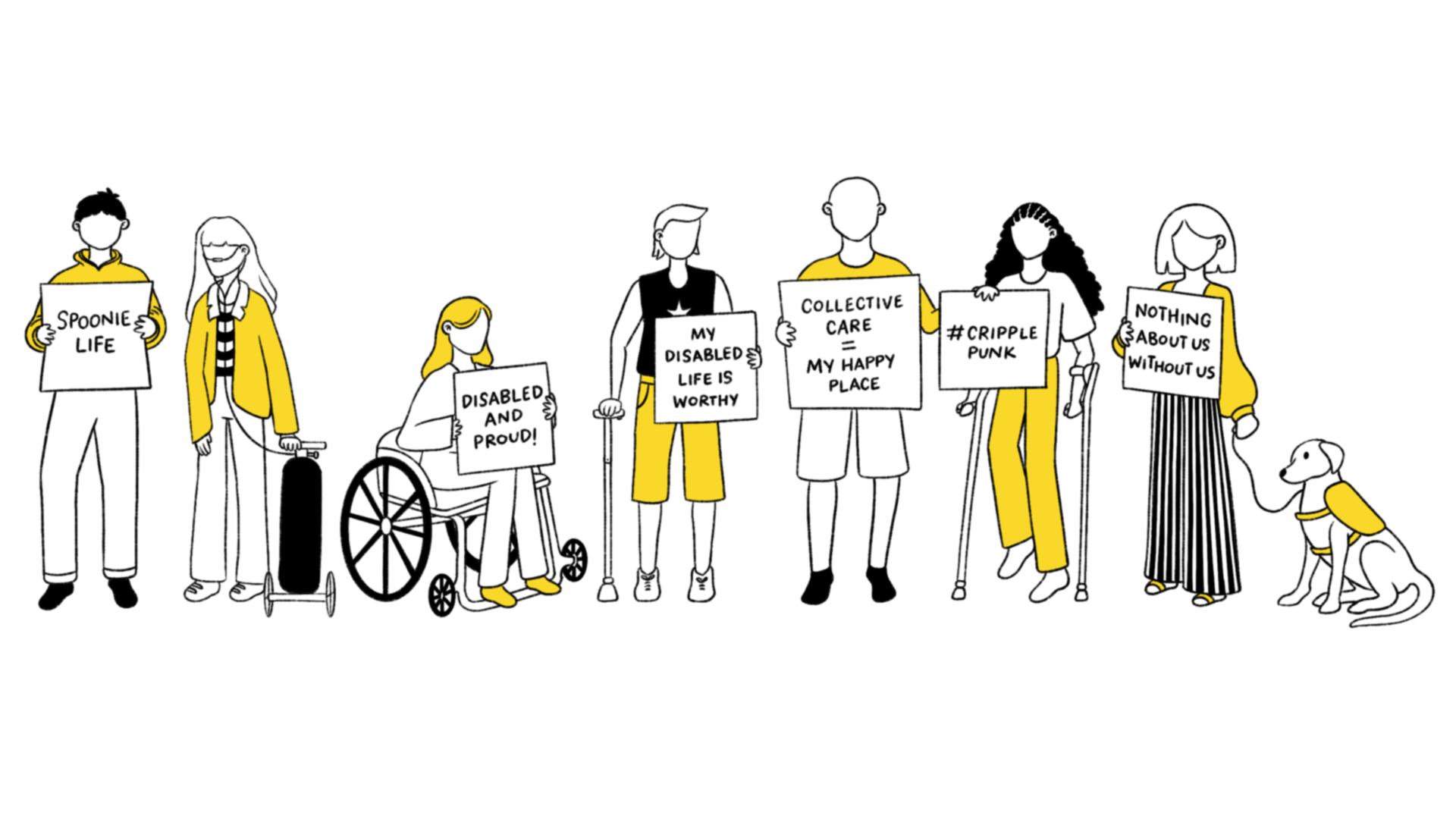By Eli Ungar
Kicking off the Consumer Electronics Show in Las Vegas, Bill Gates sat in his characteristic slouch next to late-night talk show host Conan O’Brien in an effort to promote Microsoft’s new Media Center. Just when he was about to demonstrate the “ease of use” of this new Microsoft system, the computer he was using for the demonstration froze. Conan quipped, “Who’s in charge of Microsoft?” But this did little to help the situation and Gates, hardly a fountain of charisma even at the best of times, was unable to salvage the demo. A week later in San Francisco at the annual Macworld convention, Steve Jobs was excitedly pacing the stage demonstrating Apple’s forthcoming operating system, Tiger, when his system froze as well. Jobs remarked, without missing a beat, “This is why we have back-up systems.” He then, quickly switched over to another system and continued his keynote as if nothing had happened. The rivalry between these two men is the stuff of legends, but it’s still fascinating to see their differences play out in 2005.
On one hand, we have Jobs, the charismatic showman who came back to save the company he co-founded and make it the vehicle of his technological and aesthetic vision. On the other hand, we have Gates, the brilliant computer geek who understood before anyone in his world that the user interface itself was more valuable than the hardware and made Microsoft into the juggernaut that it is today.
In many ways, Microsoft and Apple represent the differences in personality of their respective leaders. Apple continues to lead the way in conceiving and executing technologies that change the way we communicate, work and play, while Microsoft is content to sit back and disseminate watered-down, less-efficient knockoffs years later. In short, Microsoft makes good money, while Apple makes good products.
This year marks a milestone for Apple Computer. Riding on the runaway success of their now ubiquitous iPod music player (which sold 4.5 million units in the most recent quarter), Apple seems to be enjoying a resurgence in popularity and visibility. Wall Street is on the bandwagon as well, as Apple stocks soar to all-time highs. Throughout the course of his Macworld keynote, Jobs introduced two new pieces of hardware and a slew of software updates. On the hardware side the big announcements were the iPod Shuffle and the Mac Mini. On the software side, iLife 05 and iWork took center stage.
The iPod Shuffle is a new addition to the iPod family. It is a
flash-based player about the size of a stick of gum that comes in two models. The $99 512 MB (120 songs) model and the $149 1 GB (240 songs) model. The most obvious difference between this player and the other iPods is that the Shuffle doesn’t have a screen. Another important feature that has been downsized is the ability to handle AIFF and Apple Lossless files.
The Mac Mini is the new entry level Mac and it also comes in two
models. The $499 40GB 1.25 G4 and the $599 80 GB 1.42 G4. This is a radical departure for Apple. The Mini is the cheapest Mac ever shipped and it comes without a keyboard, mouse, or screen. This strategy is definitely a gamble as the profit margins on each unit are less than those made on the average Mac, but it could just turn the tide and help boost Apple’s pathetic 3% market share. In addition, the Mini is delightfully small–about the size of a lunch box.
iLife 05 includes new versions of iPhoto, iMovie, iDVD, and Garageband. The most significant improvement comes in the form of iMovie’s support of HDV, the new High Definition consumer format. In addition, the other apps seem to be getting even simpler and more elegant. iLife has, however, gone up in price from $49 last year to $79.
iWork is the new productivity application from Apple. It is the upgrade to AppleWorks–a program that has not seen a major overhaul since the turn of the century. iWork includes Pages, a new word processor, and Keynote 2, which is Apple’s presentation program. iWork also costs $79.
In Martyn Burke’s made-for-TV movie “The Pirates of Silicon Valley,” a pivotal historical moment is recreated in which Steve Jobs (Noah Wyle) realizes that Bill Gates (Anthony Michael Hall), has ripped off the Mac operating system and is going to sell it as Windows. Jobs stares at Gates and says in a cautionary tone, “Ours works better,” to which Gates replies, “You still don’t get it, Steve. It doesn’t matter.” They were both right but in the end. Gates’ insight helped Microsoft claim the lion’s share of the PC market, while Apple continued to do its own thing, relying on a niche of remaining users. Nevertheless, Apple has succeeded in weathering the storm of the recent economic depression and following Jobs’ strategy, they were able to innovate their way out of the tech slump of the past four years. The iPod has been such a phenomenal success that people are actually giving the Mac platform a second look.
Apple is aware of this fact and the new Mac Mini was developed to appeal to the potential Windows switcher. The future looks bright for Apple and at the end of the day, that’s good news for Wintel users as well.
Illustration by Russ Gottwaldt
February 2005






















